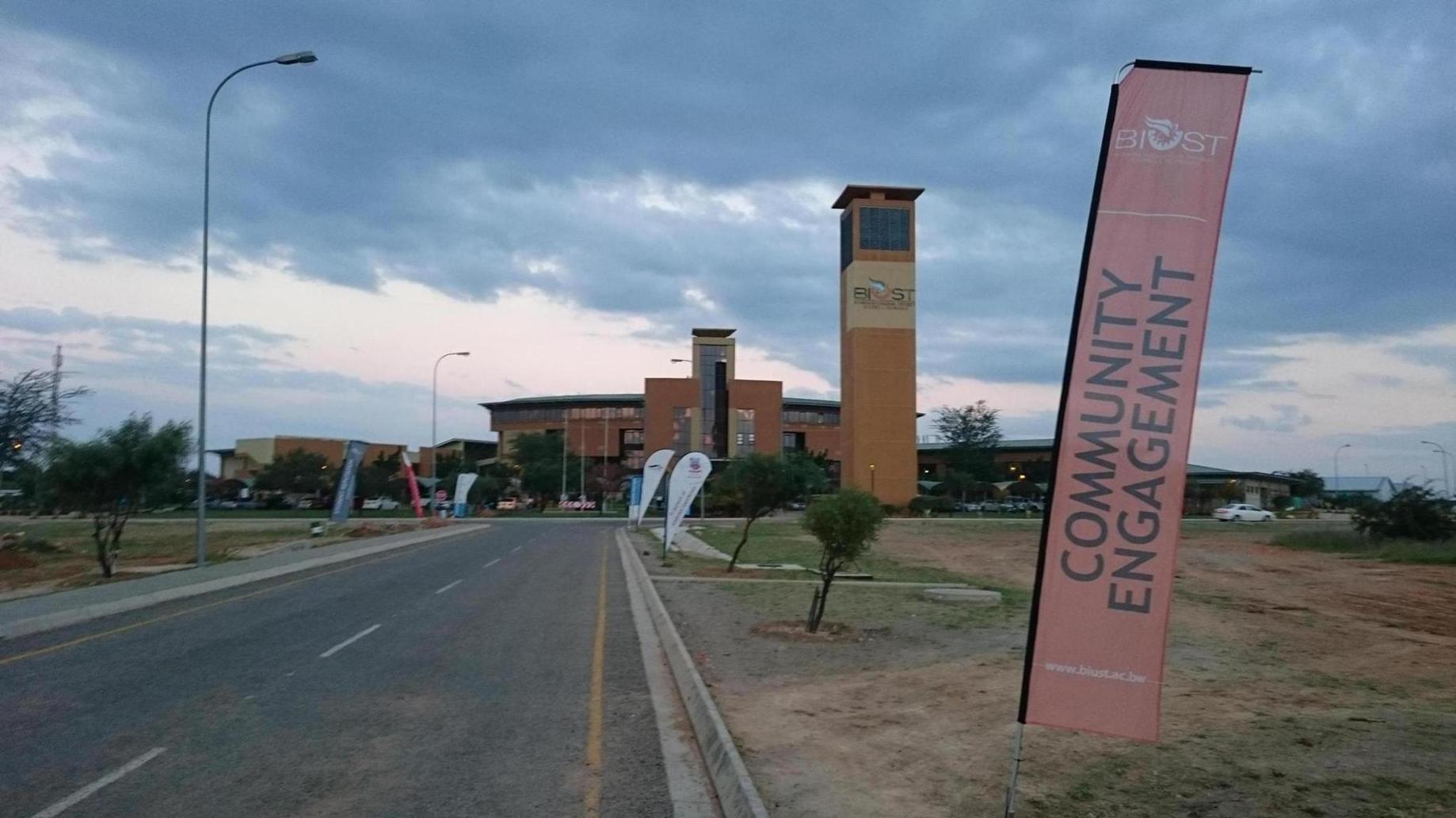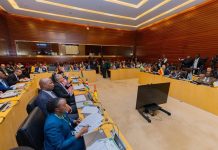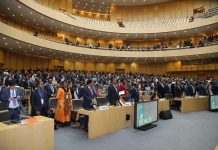Africa-Press – Lesotho. A Memorandum of Understanding (MoU) signed by Botswana International University of Science and Technology (BIUST) with some international bodies is said to be critical to the evolution of radio astronomy in Botswana.
The MoU between BIUST, the South African Radio Astronomy Observatory,Max-Planck Gesellschaft and Deutsches Zentrum für Astrophysik from Germany will see Botswana host the first radio telescope through the African Very Long Baseline Interferometry Network.
Speaking at the signing ceremony in Gaborone on Monday, the Permanent Secretary in the Ministry of Communications, Knowledge and Technology, Mr Pontsho Pusoetsile said the partnership presented opportunities to develop and diversify the country’s economy through space science.
He pointed out that BIUST nurturing her space programmes, and partnership with Max Planck Institute was a step in the right direction. “The ability to attract Max Planck institute was a yardstick towards long-term creation of high-tech jobs, that in turn will ramp up our economy to become globally competitive, and foster economic diversification,” he said.
He hailed BIUST for the advancement of technology and scientific cooperation with partners in the region and beyond. Mr Pusoetsile welcomed the precursor programme to the Square Kilometer Array (SKA) project that would benefit Botswana in developing engineering skills, scientific knowledge, adding that the partnership contributed to the human resource development, and would also inspire youth to venture into new careers and opportunities.
He said Botswana’s decision in 2010 to become the SKA consortium was influenced by scientific discovery and the quest to pursue scientific knowledge. He further pointed out that the completion and subsequent operation of the SKA would allow scientists to easily study celestial bodies, cosmic phenomena and the fundamental laws of the universe.
“Through the joint building of space telescopes and satellites, we will be part of the team of scientists making ground-breaking discoveries about new planets, stars and galaxies,” he said.
Moreover, he said Botswana’s resolve to invest in space research was premised on the need to also be at the forefront of human scientific knowledge. “By investing in space research, Botswana wants to grow industries, contribute to the economy, and by extension improve the quality of life for the people of Botswana,” he said.
He said Botswana had increased investment in research largely to include and provide the necessary impetus in research in space exploration, to tap into the growing commercial opportunities that include satellite communication, Earth observation, navigation systems, and space tourism.
Mr Pusoetsile commended BIUST for making steady progress in the satellite programme, adding that the ground station had been completed. For his part, the BIUST Vice Chancellor, Prof Otlogetswe Tololo said the partnerships would facilitate and provide the telescope infrastructure, its sub-systems, and technical expertise, while Botswana provides infrastructure development. The Director of Max-Planck-Institute for Radioastronomie, Prof Michael Kramer said they were committed to astronomy in Botswana.
For More News And Analysis About Lesotho Follow Africa-Press






